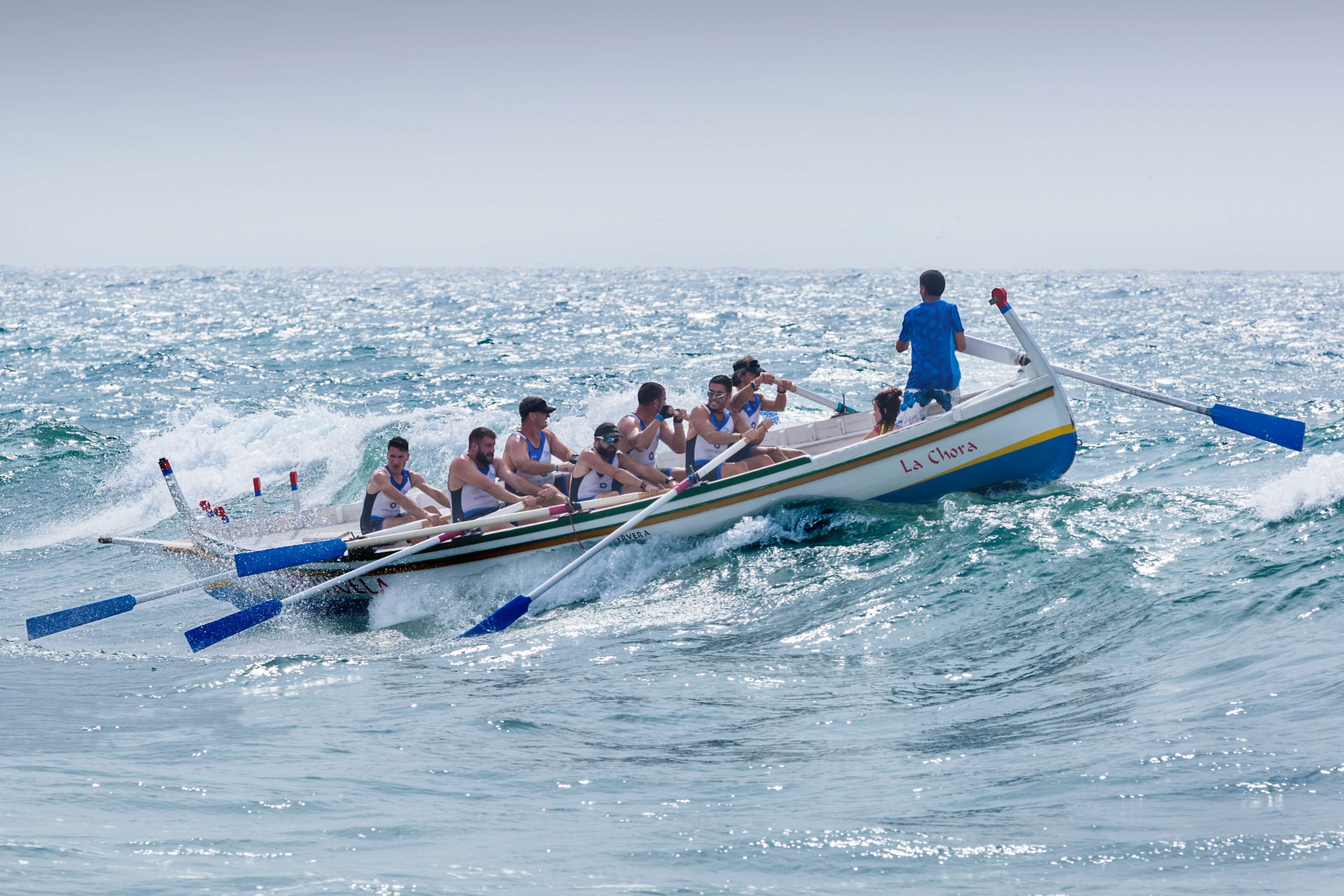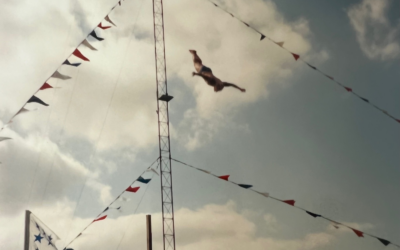Hey GLC readers! This month’s blog highlights the 10th anniversary of Bill’s book “Courage Goes to Work.” It’s especially fitting that I address “trust,” because as a leader, it takes a tremendous amount of trust (and courage) to inspire your workers to move out of their comfort zones, embrace their fears, and challenge themselves without you interfering. A courageous workforce, that has their leader’s total trust, is a more energetic, innovative, and productive workforce.
From Day 1 in SEAL training, officers are taught that to be successful in training (and ultimately in their careers once they graduate), they have to have implicit trust in their men and let them do their jobs without micromanaging them. Why? Because you quickly learn in training that a leader can’t do it all, and you must rely on your men to complete the work that you simply can’t do.

Also, an officer learns that the corporate knowledge and expertise that he needs to be successful lies within the enlisted SEALs in his squad, platoon, and/or SEAL Team. This reality is particularly highlighted when an officer is planning for a mission, in that, they are too often “into the weeds” on working the specifics on how the operation will be executed, and not able to address all the corresponding assignments required for mission success. It’s here where a SEAL officer has to rely on his fellow team members and delegate out to them the associated tasks that need to be done for mission success like gear/equipment testing and preparation, supporting asset coordination, logistical coordination, etc.
A courageous workforce, that has their leader’s total trust, is a more energetic, innovative, and productive workforce.
It can be a daunting task for any leader to “let go.” Why? Because if things go wrong, that leader is ultimately accountable, and failure could lead to demotion, or even worse, being fired. An occasional “butt chewing” by a senior officer/official can be tolerated, but getting fired or relieved is the worst case scenario for any leader in any profession. That’s why “trusting your people” is a difficult concept for many leaders/supervisors to grasp on to.
Coach’s tip(s) for the month: To inspire “courage,” and best build “trust” in a workforce, I recommend:
Start simple, then aim high. To build trust, a leader should initially assign their people simpler tasks that they can perform successfully. This is important because as your people complete these, they are building their own self-confidence, plus building your trust in them to handle assignments of greater responsibility and complexity in the future. Everyone has heard it before—you have to learn to crawl before you can walk, and you have to learn to walk before you can run. Start simple, then aim high!

Train your people. In the SEALs, I ensured that each platoon specialist was thoroughly trained and had all the required qualifications to do their jobs safely and effectively. Once fully trained and qualified, it was important that these specialists worked in the respective department at the SEAL Team (Diving, Communications, Intelligence, etc) to get as much hands-on experience before they deployed and did it for real. If your people aren’t adequately trained, they can’t step outside of their comfort zones to try harder and more complex assignments.
It can be a daunting task for any leader to “let go.”
Trust your gut. Pick the “best qualified” people for the toughest assignments, and avoid picking your “best friend.” Picking your buddy/friend is not courageous leadership, it’s the easy way out, and it only leads to inefficiency and angst. If someone isn’t qualified, don’t assign them something they can’t handle. Making the hard (and right) call is part of being the boss.
That’s it for this month! See you all in June!



